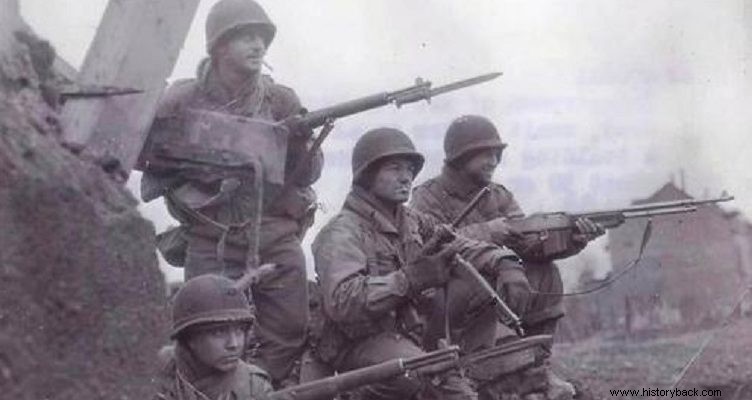
On December 23, 1947, the creation of a "Provisional Democratic Government" under Markos Vafiadis was announced. Zachariadis and the KKE took this step hoping for recognition of their "government" by Stalin's Soviet Union and the satellite states.
However, this move caused an immediate reaction from the US. The Americans, through their embassies in the "socialist" countries, demanded that there be no recognition, threatening consequences.
"The American government considers the Greek issue extremely serious and is determined to bring it to an end by all means. Therefore, it will treat as an unfriendly act any action of another country that would prevent the achievement of this goal", said the American ambassador to Romania.
The American warning was clear and could not be ignored by Stalin. After all, at that time the USA was the only nuclear power in the world . In the same days the messages from the USA were openly broadcast. On February 17, President Truman said that "If the need arises, we are ready to offer more and more effective aid to Greece".
This was repeated the next day by the State Department, while the Washington Post in its paper of February 23, 1948, spoke of sending American troops to Greece if necessary.
At the same time the US National Security Council , under the chairmanship of Truman, with the participation of the secretaries of state and defense, the chiefs of staff and the heads of the secret services, considered the possibility of sending American forces to Greece. Any decision of the council would have to be ratified by Congress, which was considered certain at the time.
At the beginning of 1948 the US National Security Council drew up a report on the Greek question. The Americans considered the recognition of the Zhariadis-Markos "government" by the communist bloc certain and stated that "...the USA must be ready to use its political, economic and military power in the best possible way".
All this showed that the USA was determined, as long as the "socialist" countries recognized the government of the "Democratic Army of Greece" or if the DSE decisively turned the military situation in Greece in its favor.
After all, two years later the US showed its determination in Korea, going so far as to recruit 5,760,000 men them for this conflict.
Stalin was horrified. The last thing he wanted at this time was the presence of a strong American military force in Greece. According to some, he himself caused the Greek civil war to buy time to strengthen the "socialist" regimes in the Balkans.
Furthermore, there was the risk that if the Americans reached Greece they would not stop, but sweep, with ease, the communist Balkans, having as an ace up their sleeve the atomic bomb. It is known that there were plans to overthrow Hoxha in Albania.
Somewhere there, Zachariadis' dreams of being recognized by the "brother regimes" were dashed, as were his hopes for victory in the war. Even if the DSE fought fanatically, without reinforcements from the communist bloc, it would not be able to prevail against the ever-strengthening Greek Army, much less the Americans, if they intervened.
Unfortunately these messages were not received by the Greek communist leadership and an unnecessary, destructive war continued for some time.
